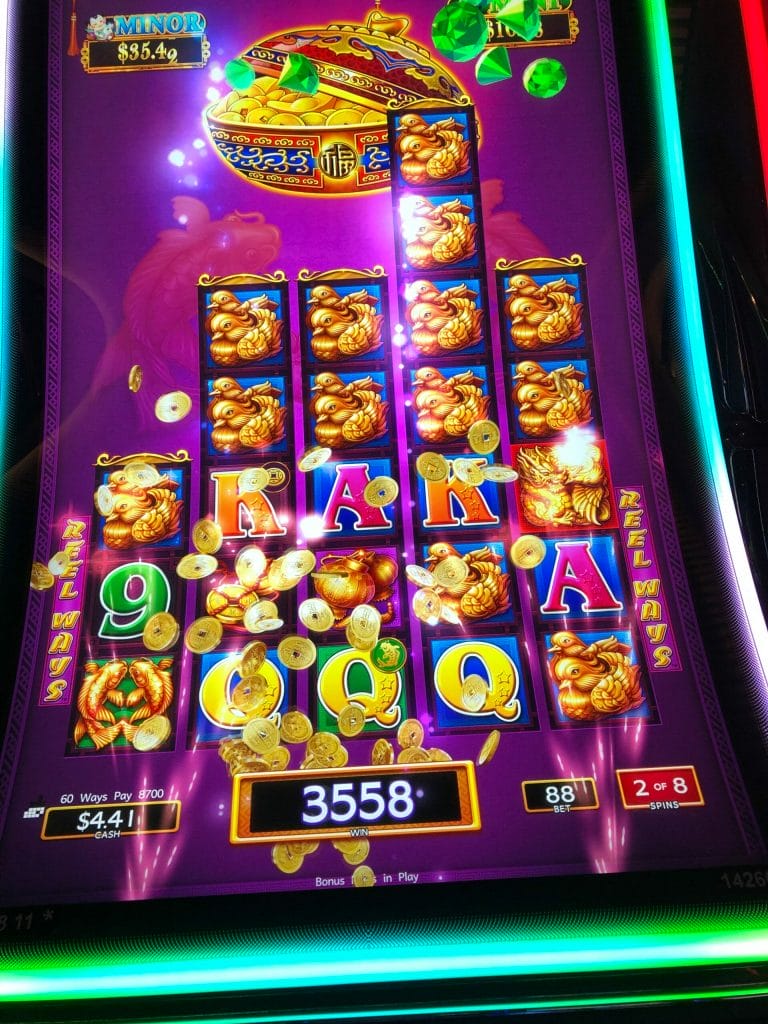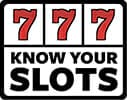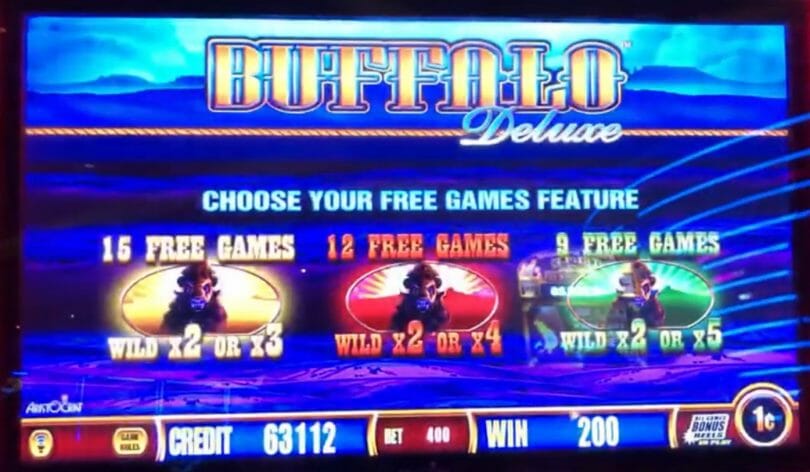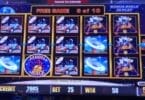When players talk about slot machines, they may sometimes refer to a slot’s volatility. If you’re not sure what they’re talking about, today’s post should help you out.
The concept of volatility comes up in other areas, such as stocks, as well. It generally means how big a swing, up or down, you can expect over time based on what you’re doing. Larger volatility indicates the potential for a big downswing, which is what you want to try to avoid, of course.
When it comes to slots, a variety of decisions can be made to make a game more volatile, which generally has the tendency to also make the game tougher. You can read the series of posts in the Slot Volatility tag for lots more on this, but this includes:
- Number of symbols
- Stacked symbols
- Mystery symbols
- Bet size
- Number of lines
- All ways pays
- Hit frequency
- Bonus design
A lower volatility slot won’t have as large a big swing at any given time as a higher volatility slot. The way it does this is by paying you more often, but smaller amounts, as a general rule. There’s still a potential for a jackpot, but spin to spin, it’s designed to meter out the pays more frequently.
On the other hand, a higher volatility slot is designed to pay more, but less often. This can mean more dead spins, with your bankroll shrinking, until you get a solid line hit or bonus that brings you back to life.
So part of how volatility comes into play is the level of risk. If you put $20 into a high volatility machine, you can limit your losses, but be not bankrolled enough to get one of those larger hits. Of course you could put $100 in and not get anywhere either.

On multiple occasions I’ve played Double Blessings and played through nearly $100, only to get a bonus right before running out of money and coming out slightly ahead. If that bonus didn’t come when it did, I’d be out that $100.
At times players can have control over the volatility of a game by being able to select the number of lines and the line multiplier.
A great example of this is Stinkin’ Rich, which I’ve written about here in the past. You can play less lines and up the line multiplier, which just means you don’t get paid on the lines you don’t bet – less chances to get paid, but getting paid more often than you do, is exactly how we just defined higher volatility before, so as you can expect this can be a harder way to win, but more lucrative when you do.
Fortunately for players, everyone has different preferences as to what they want to play. And although newer games certainly seem to be ratcheting up the volatility as sequels and other extra bets have become more prevalent, there are still manufacturers out there who will create a low volatility game here or there to attract those players. Many of them, like Quick Spin, have an avid following on the casino floor.
Then there are others who like to swing for the fences. A friend of mine who favors volatile games had a heck of a run at casinos during a Las Vegas trip for a good chunk of his trip, and as a result played a lot heavier than normal and got insane offers from casinos to woo him back. If it had gone the other way he would’ve ran out of budget well before the end of the trip, but the swings went his way.
As such, as a player it helps to get informed (using sites like Know Your Slots, of course) to get acclimated with what makes for a volatile game, understand your risk tolerance and what you want out of a casino visit, and find games that provide that for you.








